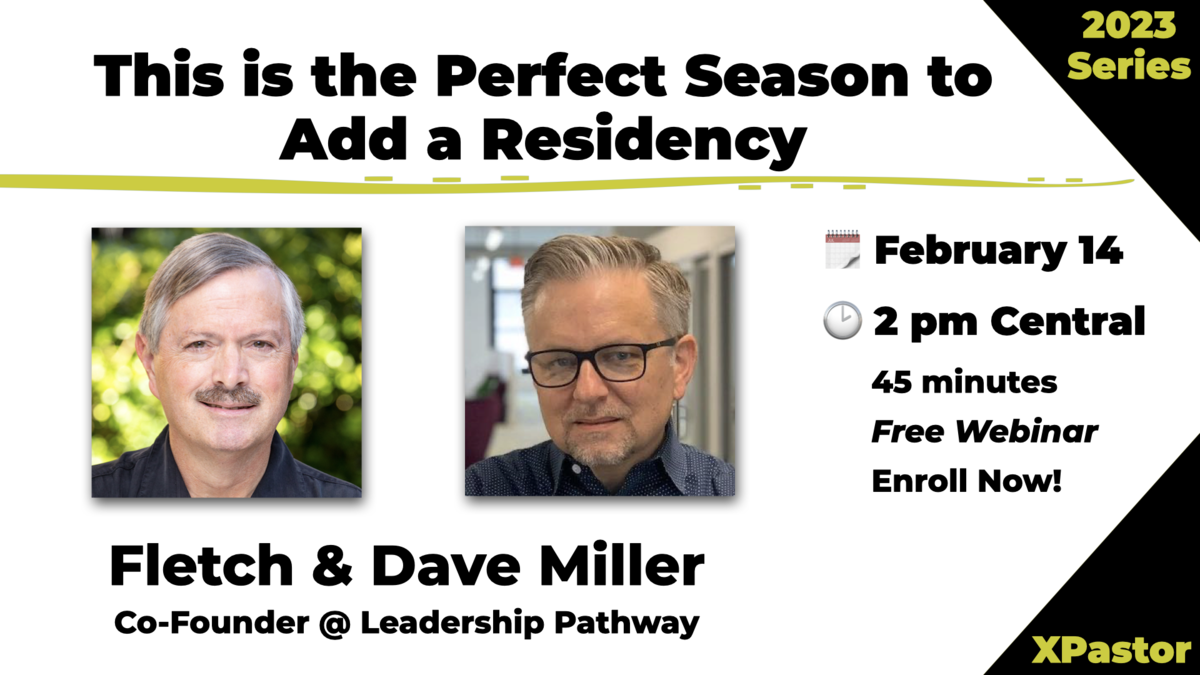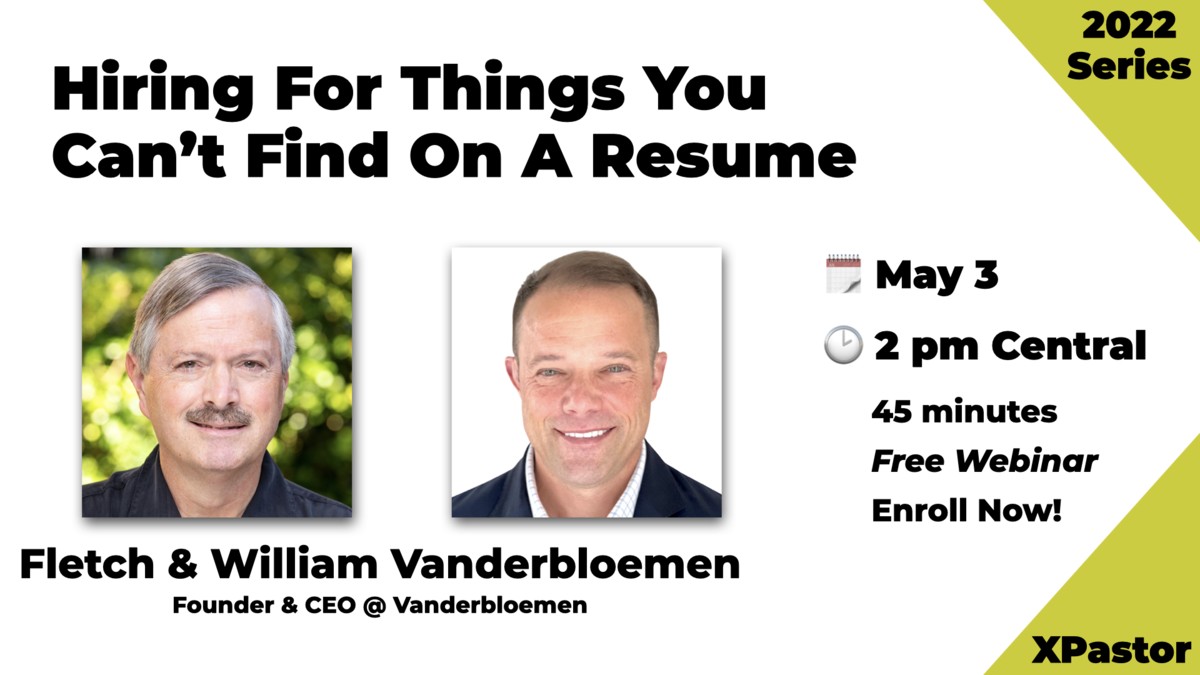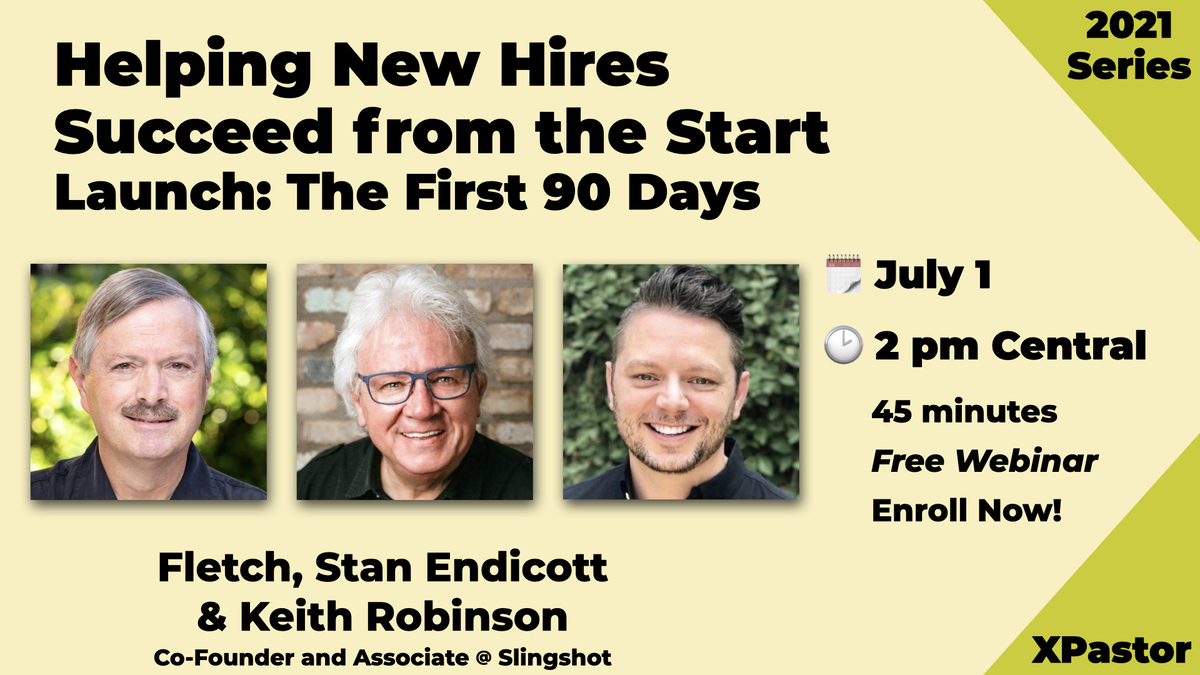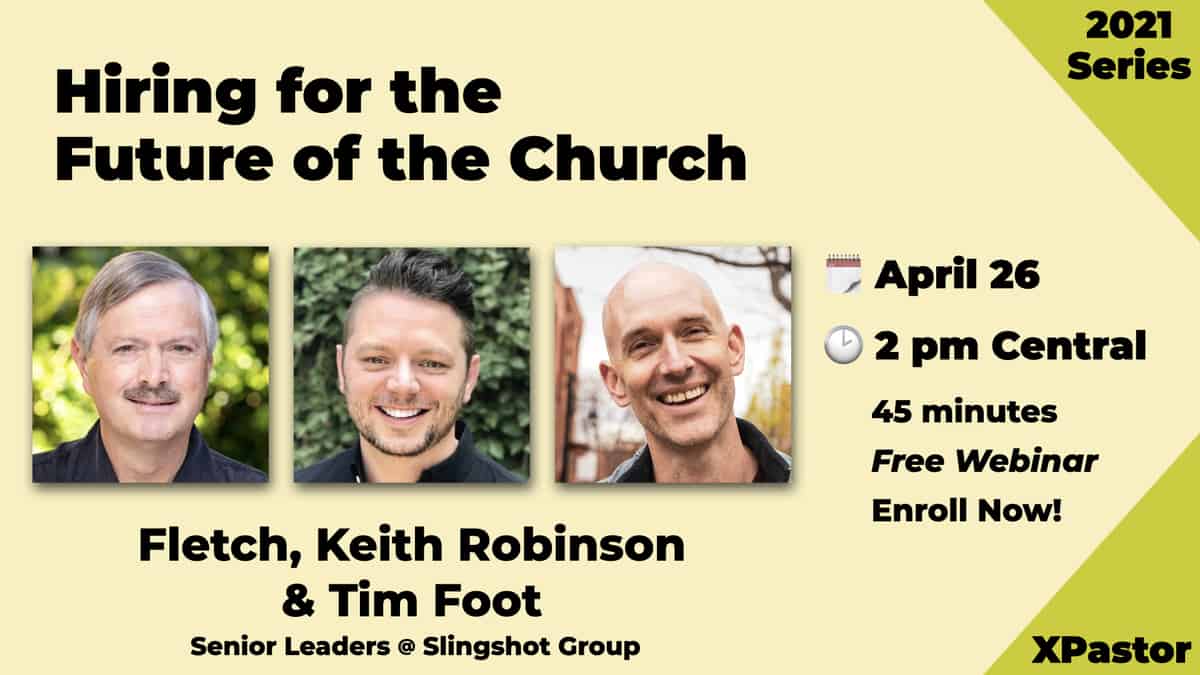An important word when talking about hiring is chemistry. And it seems to me that there’s hardly a topic that could be more important or relevant for today. Every winning sports team seems to have and talk about their chemistry; every savvy organization will tell you they recruit for it.
Chemistry is that “gelling” thing, that supra-rational sense of “connecting” or coming together as a team; it’s the feeling that we’re a “band of brothers,” that we’ll stick together through thick and thin or that you and I “just do it the same way.”
Chemistry is that sense that you just belong with us, we “click” or you “fit” and we’re looking forward to a fruitful, productive, long-term relationship. And with respect to a church’s staff, simply put, it’s about hiring for “right fit.”
An elusive goal
However, recent research shows that hiring for right fit in the local church, or in the business world for that matter, remains an elusive goal. Consider these facts:
- In 2009, the Barna Group wrote that the average pastoral tenure is between four years (for denominational churches) and eight years (for non-denominational churches). Other hiring experts believe the average tenure is even lower, coming closer to three to five years.
- The marketplace is doing no better. In 2006, Janet Boydell completed a fifteen-year study of 20,000 executive hires that were thought to be absolutely the “right fit” for their role within their company. Two years later, almost fifty percent of those hires were out because they didn’t fit after all. As staggering as such a thought is, a 50/50 chance of fit after two years is no better than guessing “heads” or “tails” on a coin flip.
Rick Warren reminds those of us who hire in the local church that we must strive to do better than flipping a coin when it comes to hiring and retaining our key staff:
“The truth is pastoral longevity is one of the untold secrets of church health. My experience is this—a long pastorate does not guarantee a church will grow, but changing pastors every few years guarantees a church won’t grow.”
Can you imagine what the kids would be like in a family where they got a new daddy every two or three years? They would most likely have serious emotional problems. In the same way, the longevity of the leadership is a critical factor for the health and growth of a church family. Long pastorates make deep, trusting and caring relationships possible. Without those kinds of relationships, a pastor won’t accomplish much of lasting value.
Probably this isn’t a new thought to you if you’re responsible for hiring in your local church. We all realize that no local church with a revolving door of pastoral leadership will accomplish much for the Kingdom.
A personal turning point
I’m the Executive Pastor of a larger church in the South. A number of years ago, I calculated my own hiring and retention rate on the back of an envelope and—to my dismay—discovered I was no better than about fifty percent two years down the road from a new hire. Frankly, I’d gone to a lot of trouble to “get it right,” but discovered on that day that I might just as well have flipped a coin between my top two candidates. It would have been just as accurate and a lot less time consuming on my end!
I determined then and there to learn how to hire better, eventually leading this past year to completing my Doctor of Ministry dissertation on hiring well in the local church. I’ve done my biblical homework, reviewed the past decade’s literature and completed two in-depth case studies on Willow Creek Community Church in South Barrington, Illinois and Fellowship Bible Church in Little Rock, Arkansas regarding their hiring processes. And, interestingly enough, a pattern emerges. What I’ve learned and now implemented in our church over the past five years of doing this research has raised our hiring and retention percentage toward 85%. We’re certainly not perfect, but we’re now repeatedly hiring better staff who are much closer to the “right fits” we’ve been looking for than ever before. Our overall staff performance has improved based on accomplishing our ministry goals—and so has our working environment.
Since completing my doctoral research, I’ve come to believe that second only to the sovereign working of the Holy Spirit of God in a church is getting “right fit” people on the team. Though he’s writing from a secular point of view, I agree with Jim Collins, “People aren’t your most important asset. The right people are.” The “right” people—those who not only perform at a high level on your pastoral team but who do it “like we do it”—make the most difference to the overall health and vision accomplishment of any local church.
With just a little work, we can do better!
The good news is that what I’ve learned, you too can learn and implement in your local church. It’s a hiring process that’s built on biblical principles, combined with best business practices. In fact, I’ve even seen it in action in two other large churches besides ours where it’s facilitating similar kinds of results.
Sources:
George Barna, “Report Examines the State of Mainline Protestant Churches,” in Barna Update (Ventura, CA: The Barna Group, 2009).
Various sources, such as Gary McIntosh, Staff Your Church for Growth: Building a Team Ministry in the 21st Century (Grand Rapids: Baker Books, 2000), p. 65 and a personal interview with Bob Kaumeyer in 2009. Bob was the Placement Director for more than a decade at Dallas Theological Seminary.
Janet Boydell, Barry Deutsch, and Brad Remillard, You’re Not the Person I Hired!: A CEO’s Survival Guide to Hiring Top Talent (Bloomington, IN:AuthorHouse, 2006).
Rick Warren, “Pastoral ‘Free Agency’ Hurts Churches,” Ministry Toolbox 434 (Lake Forest, CA: Ministry Toolbox, 2010).
Jim Collins, Good to Great: Why Some Companies Take the Leap … and Others Don’t (New York: HarperCollins, 2001).











